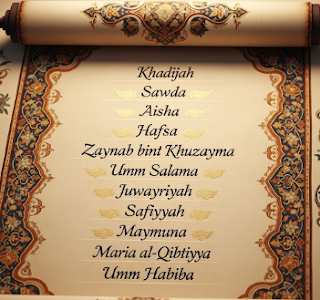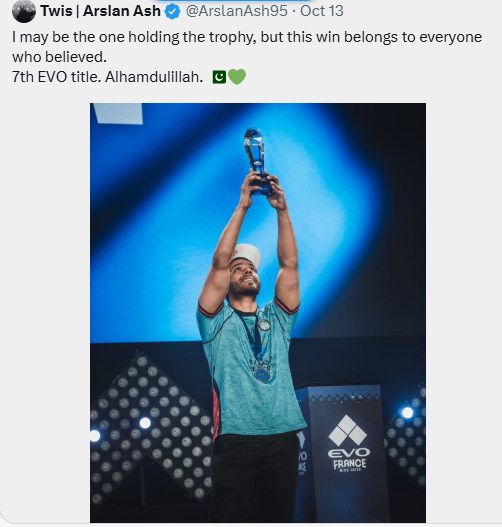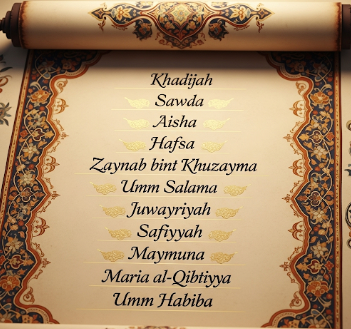Taurees Habib: The Pakistani-American Sound Engineer Redefining Hollywood Audio
Some people chase the spotlight. Others chase the perfect sound — the one note, one frequency, one vibration that can shift a heartbeat. Taurees Habib belongs to the second group: the invisible class of creators who build the emotional architecture of cinema.
He is the Pakistani-American sound engineer who is working for the big household name: The Hans Zimmer. He has worked on films including Dune: Part Two, Blade Runner 2049, Top Gun: Maverick, Dunkirk, and a stack of other projects that dominate award seasons and late-night film discussions.
And yes — he’s the first Pakistani sound engineer to win a Grammy.
But this isn’t just another “from nothing to everything” story. It’s a deeper one — about craft, representation, identity, and how the most powerful people in art are often the ones you never see.
Who Is Taurees Habib?
Habib grew up in Karachi, Pakistan — a city where sound never stops. Horns, vendors, street chatter, fans whirring, distant azaan, generators humming — Karachi is noise layered on noise.
But where most people hear chaos, Habib heard texture.
As he was a kid, six or seven, he collected instruments the way other kids collected toys — piano, cello, trombone, guitar, whatever he could get his hands on. This early obsession wasn’t a hobby; it was an instinct forming.

As he grew older, 15 or 16 years old, he started playing guitar like all of his friends. He also started playing for musicians in live concerts. Later, he moved to Boston to study at the world-renowned Berklee College of Music — a school that has produced dozens of Grammy winners and legendary composers. He applied in the Berklee College of Music two times and got rejected. Well, third time; he was selected.
From Berklee, he moved to Los Angeles and entered the sound engineering grind — long hours, technical demands, emotionally draining perfectionism. It’s the kind of path that breaks most people.
But not him.
What Does a Sound Engineer Actually Do? (And Why It Matters More Than People Think)
If you ask the average person, “What does a sound engineer do?” — most will say something like:
“Uh… they… mix stuff?”
Not wrong, but wildly incomplete.
A sound engineer is the architect of emotion in any film, game, or album. They shape:
- Atmosphere
- Presence
- Impact
- Narrative tension
- Emotional peaks
- Immersive world-building
Here’s the clean breakdown:
Artist
Brings the raw material — vocals, instruments, performances.
Producer
Guides the artistic direction — tone, style, decisions, emotional palette.
Sound Engineer
Turns raw sound into emotionally coherent experience.
They fix, polish, balance, carve frequencies, remove noise, create depth, build sonic worlds.
Without engineers, music sounds flat, films feel lifeless, and emotions don’t land.
This is where Habib shines. He treats sound not like a technical task — but like a living character. In an interview, he has told how he perceives it:
“It’s an ordinary sound in the air, you record and convert it to an electrical signal. There is Physics, Mathematics and Computer Science involved in it. And all the tweaks in it are done so when that sound comes out of the speaker, the listener feels something. It’s all about the end-user when we are working; to make it immersive and trans as much as possible.”
Major Works That Put Him on the Map (And Why They Matter)
1. Dune: Part Two — Grammy-Winning Masterpiece
The sound of Dune isn’t just noise — it’s a religion, a culture, a desert alive.
The bass rumbles, the throat-singing vocals, the sandworm sequences — Habib’s work contributes to the immersive, almost spiritual experience. He won Grammy for music of the film in February 2024.

2. Blade Runner 2049
The futuristic synths, the cold metallic echoes, the dystopian hum — every sound is atmospheric, intentional, world-building.
3. Top Gun: Maverick
Jet engines, cockpit ambience, radio chatter, high-pressure sequences — audio made viewers feel like they were flying.
4. Dunkirk
Nolan’s signature tension-coded sound. Habit’s precision helped create that ticking-clock anxiety that made the film iconic.
5. Bedlam Jackson & The Cannibal Cathedral
His own independent project — rough, experimental, unfiltered.
No big studios. No Hollywood.
Just pure sound, raw expression.

How Habib Works (A Deep Look at His Craft)
Psychoacoustics
He understands how humans perceive sound — which frequencies feel warm, which feel threatening, which create tension.
Spatial Audio
He builds sound “rooms” — sound that moves around you, not just toward you.
Layering & Texturing
One sound can have 20–120 layers: harmonics, delays, reverbs, filters, distortions.
Emotional Mapping
He mixes based on the feeling of a scene, not just technical correctness.
Noise Sculpting
Instead of eliminating noise, he often transforms it into emotional texture.
This is why his work doesn’t just sound clean — it feels alive.
Why His Identity Matters (Representation in Global Cinema)
Hollywood’s sound departments have historically been dominated by Western engineers. Brown, South Asian, and Muslim engineers? Rare.
Habib’s visibility does three things:
- Creates representation where none existed.
- Tells South Asian kids: “Yes, you belong here.”
- Expands the global narrative of who shapes cinema.
Creative industries thrive on diversity — not as a slogan, but as practical reality. Different cultures perceive sound differently. People from Karachi hear noise differently from people from Los Angeles.
Habib’s perspective is an asset, not an anomaly.
Traits That Make Him Stand Out
- Obsessive Detail
He’ll tweak a 0.3 dB frequency shift if it improves emotion by 1%. - Humility
He stays in the background by choice. - Cultural Hybrid
East + West sensibilities meet in his work. - Narrative Sensitivity
He “reads” a scene through sound before visuals.
These traits show in every project he touches.

Lessons From His Journey (For Creatives, Engineers & Underdogs)
1. You don’t need the spotlight to make an impact.
Engineering is proof that the background is often where the magic happens.
2. Representation is power.
Habib winning a Grammy opens doors for others to dream seriously.
3. Craft > Ego.
Skill speaks louder than noise — literally.
4. Art is collaboration.
A Grammy is never one person’s win. It’s artists + producers + engineers working in harmony.
5. Sound = Emotion.
Technical skills matter. But translating emotion is the real superpower.
Why You Should Care (Even If You’re Not into Audio)
Because you’ve felt his work without knowing it.
Every gasp in a theater, every goosebump moment, every sonic punch — sound engineers build those invisible experiences.
Habib represents a new era:
- South Asians entering global cinema
- Sound engineers getting recognition
- Cross-cultural influence shaping Hollywood
And more importantly: he shows that quiet people can change entire industries.
Frequently Asked Questions (SEO-Optimized)
Who is Taurees Habib?
A Pakistani-American Grammy-winning sound engineer behind Dune: Part Two, Top Gun: Maverick, Blade Runner 2049, and other major films.
Why is he important?
He’s the first Pakistani sound engineer to win a Grammy and a rising figure in Hollywood audio.
What makes his work unique?
He blends technical mastery with emotional storytelling through sound.
Where did he study?
Berklee College of Music.
Has he released his own music?
Yes — his project “Bedlam Jackson & The Cannibal Cathedral” showcases his raw artistic style.
How did he start?
Instrument-obsessed kid from Karachi → Berklee → LA studios → Grammy stage.
Are producers and engineers the same?
No. Producers direct the creative vision; engineers sonically shape it.
Conclusion
Taurees Habib proves that the people behind the console often shape culture more than the ones in front of the camera.
His story blends humility, craft, global identity, and a rare dedication to sound as emotional language. For Pakistanis, South Asians, and every underdog who feels invisible — his journey isn’t just inspiring. It’s a blueprint.
He didn’t chase fame.
He chased sound.
And the world heard him anyway.
References
- Grammy Awards Official – grammy.com
- Berklee College of Music – berklee.edu
- Holman, Tom. Sound for Film and Television (Focal Press)
- Katz, Bob. Mastering Audio: The Art and the Science (Focal Press)
- Rumsey, Francis. Spatial Audio (Focal Press)
- APA – Diversity in Media and Creative Fields Report (2022)
- IMDb – Taurees Habib profile
- Variety – Sound engineering industry insights
- Interviews from Express News



![Humaira Asghar Ali Biography – Latest News Today [Updated October 2025]](https://readanica.me/wp-content/uploads/2025/07/humaira-asghar-ali-biography-death-career-1317693753.png)

Very well written! Keep it up👍
Appreciate your encouraging words